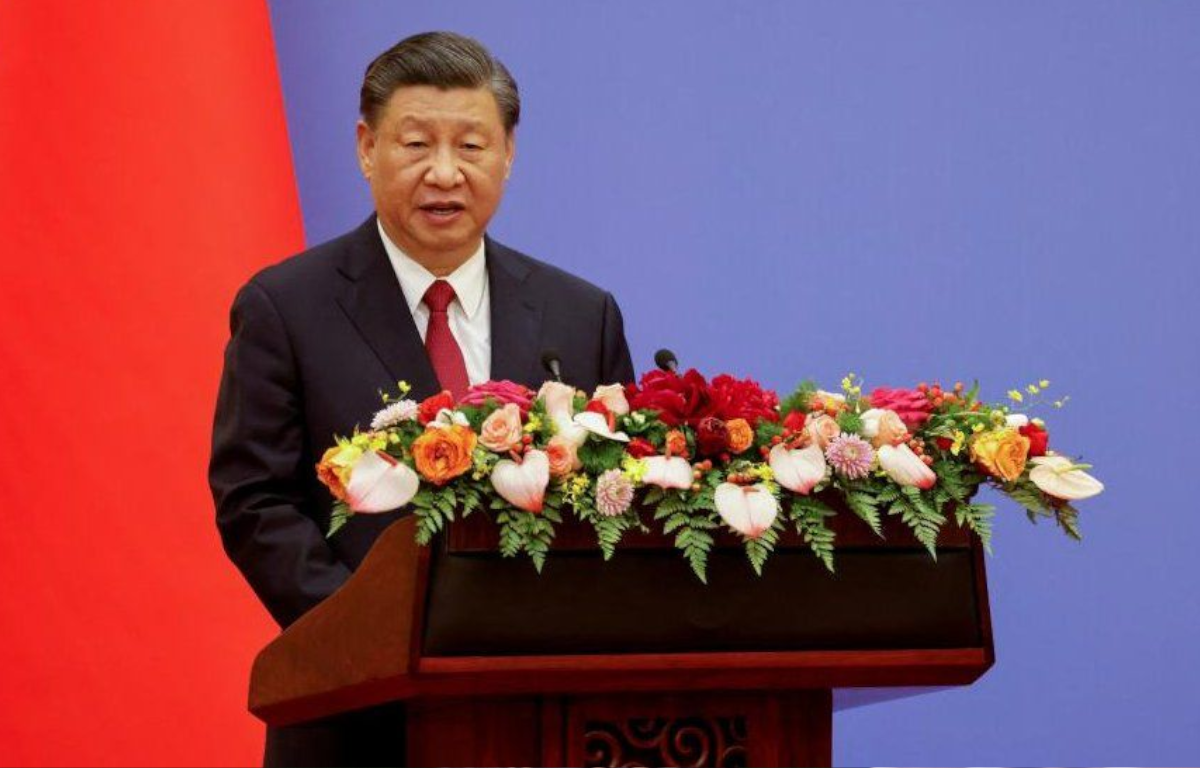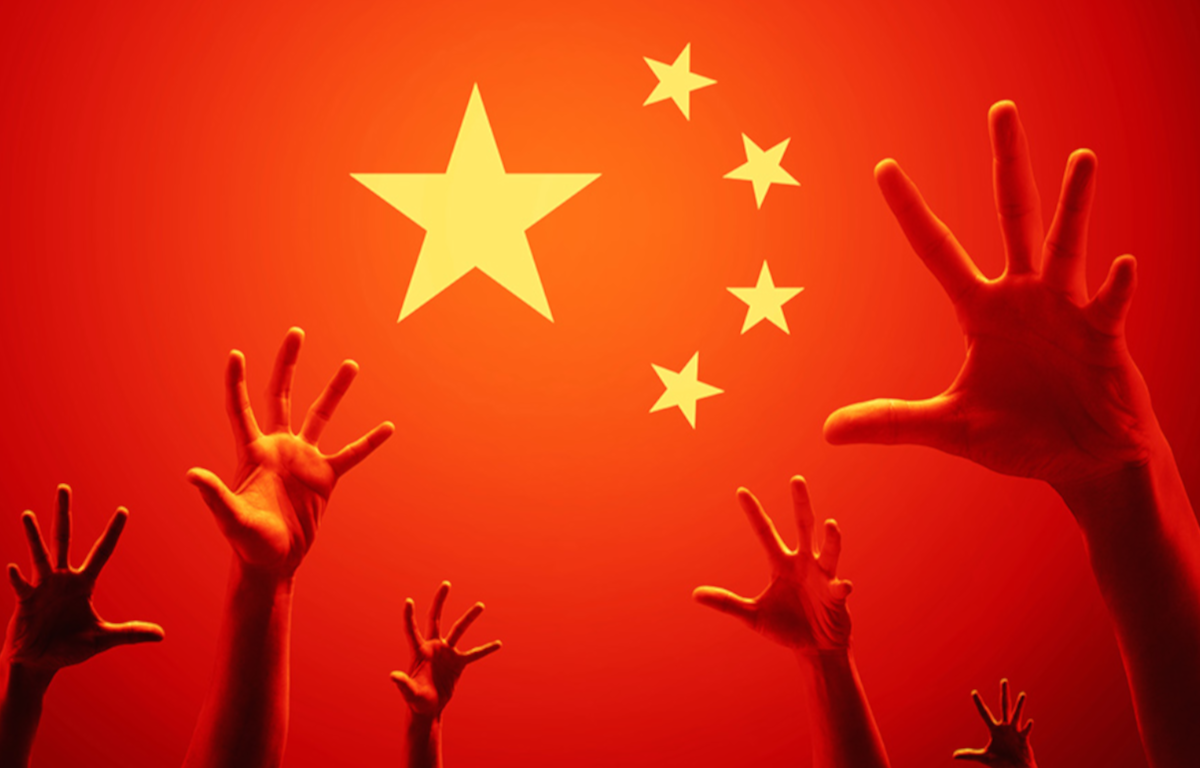
The 19th-century Opium Wars were about trade imbalances, national sovereignty, and the impact of foreign influence. Similarly, the ‘Third Opium War’ is centered around the control of information, data, and technological dominance. China has risen as a global tech powerhouse, with companies like Alibaba, Tencent, and Huawei competing at the forefront of innovation. This has positioned the nation as a fierce contender in the digital arena.
China’s pursuit of technological self-reliance mirrors the historical concept of nationalism. The Chinese government is investing heavily in research and development, focusing on emerging technologies such as artificial intelligence, 5G, quantum computing, and biotechnology. This push is driven by a desire to reduce dependence on Western technology and establish China as a technological leader.
China’s Belt and Road Initiative (BRI) has extended into the digital realm with the Digital Silk Road. This initiative aims to enhance digital connectivity between countries, promoting Chinese technological standards and products. By offering digital infrastructure and services, China expands its influence over global digital communication networks.
China’s focus on data collection and surveillance has raised concerns in the West about privacy and human rights. Technologies like facial recognition and data-driven governance are central to China’s domestic and international strategies. The ‘Third Opium War’ involves not only economic competition but also ideological clashes over data ethics and surveillance practices.
Economic strength was a key driver of the original Opium Wars. In the ‘Third Opium War,’ China’s economic prowess is wielded through technology. The dominance of Chinese tech companies in markets across Asia, Africa, and parts of Europe challenges Western economic interests and creates a new dimension of competition.
Technological Dependence: Western nations’ dependence on Chinese technology raises concerns about data security, intellectual property theft, and national security vulnerabilities. Human Rights: China’s digital hegemony could amplify concerns about surveillance, privacy, and freedom of expression, potentially undermining democratic values. Global Fragmentation: The technological divide between China and the West might lead to the fragmentation of the internet and digital services, hindering global communication and cooperation. Economic Shifts: China’s dominance in technology could lead to economic shifts, impacting the balance of trade and geopolitical alliances.
The metaphorical ‘Third Opium War’ between China and the West signifies the struggle for control over the digital realm. While military conflicts of the past were driven by opium trade, today’s battles revolve around data, technology standards, and economic supremacy. Understanding this new form of competition is essential for global policymakers, businesses, and citizens as the outcomes will shape the future of technology, commerce, and geopolitics. The key lies in finding a balance between technological advancement and safeguarding democratic values in an increasingly interconnected world.










Share this: